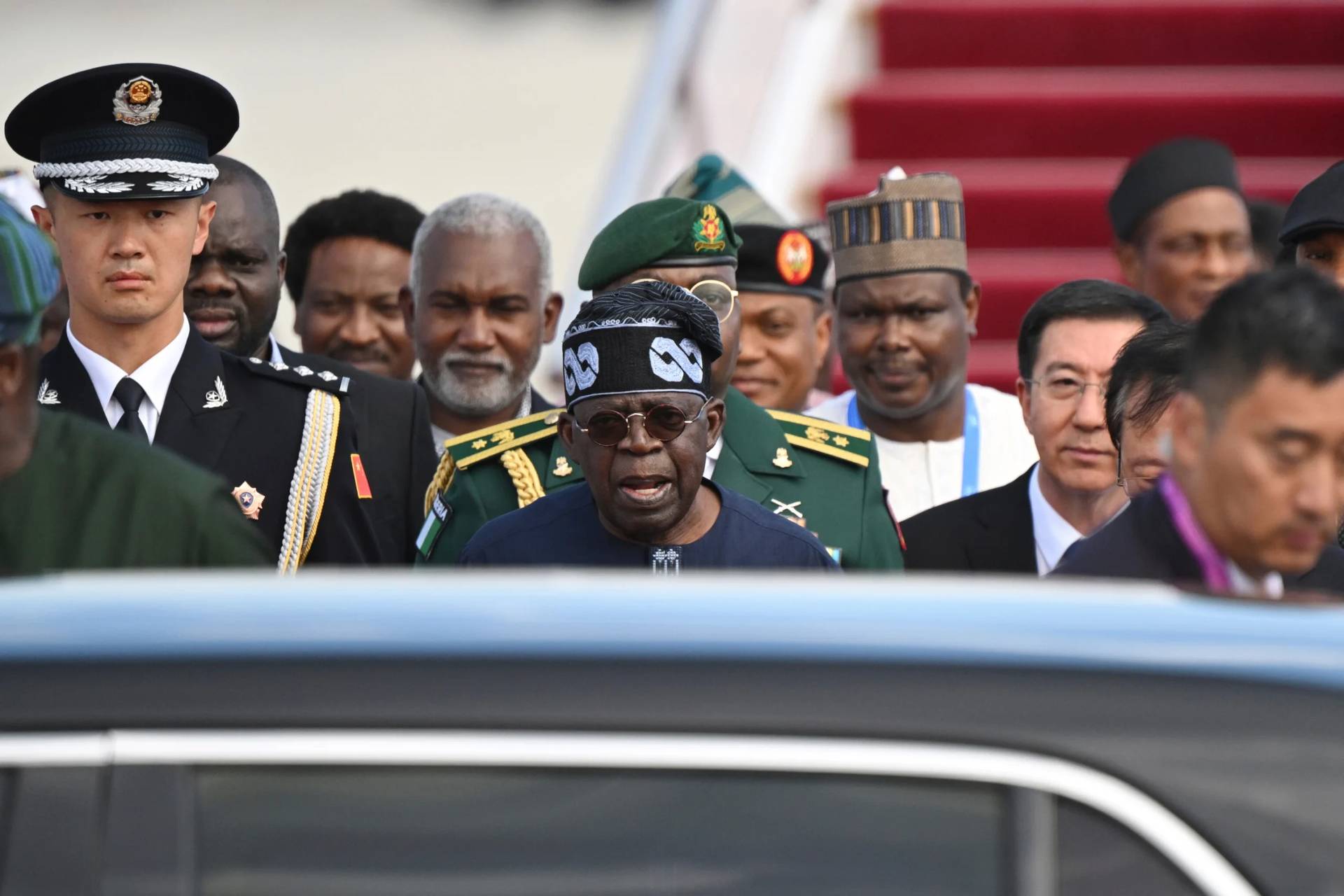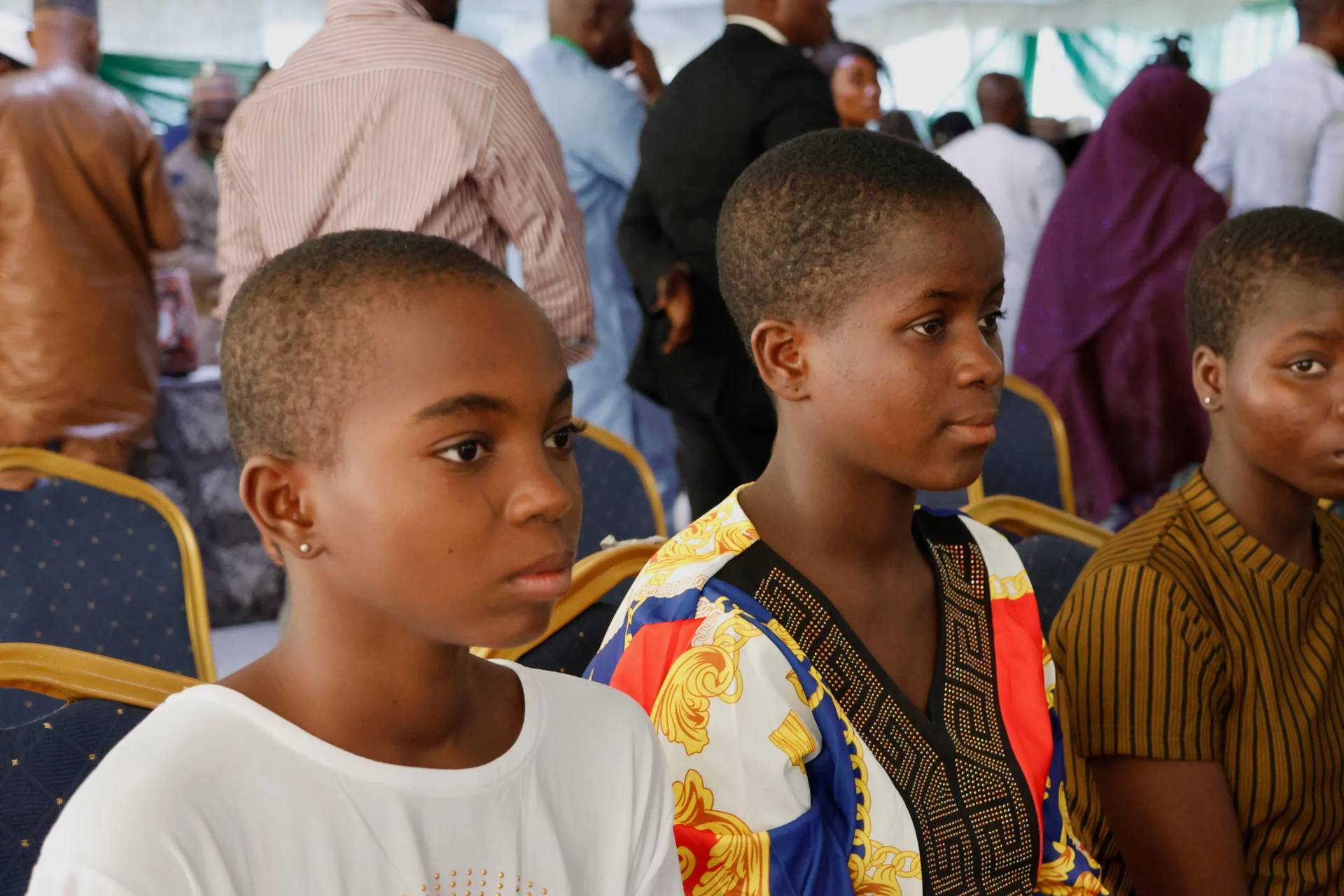YAOUNDÉ, Cameroon – Catholic leaders in the Ivory Coast are warning against preachers spreading a so-called “prosperity Gospel” – which often includes giving large sums of money with a promise of a heavenly financial blessing in return.
Nigerian preacher Chris Oyakhilome is an example, promising that “your miracle is in your offering” and that if a person is in financial difficulty or suffering from disease, they must give generously to his ministry to receive their needed “miracle.”
“All giving is a demonstration of our faith in God and his word,” he said in a podcast widely distributed in western Africa. Oyakhilome also said believers should give generously, because it will become a pathway to wealth, health and good luck.
“Those who sow a lot will reap even more later,” he said.
The phenomenon was discussed during the first congress of the Reflection and Production Cell of Ivory Coast Theologians (CEREPTI), which took place Sep. 11-14 in Yamoussoukro.
Bishop Ignace Bessi Dogbo of Katiola, the president of the bishops’ conference in the Ivory Coast, denounced the influence such preachers were having even in the Catholic Church, and called on Catholic theologians to effectively present the “true Gospel of Christ” in the face of “the excesses and deviations which constitute an affront to Catholic orthodoxy and orthopraxy.”
The bishop said Catholic theologians had a duty to face up to the “heresies” which threaten Catholic identity – heresies promoted by “communities which mushroom everywhere by road sides claiming to be Christian, but which deny the centrality of the Cross, and preach that prosperity could come like a magic wand.”
Dogbo called on the theologians to work with the country’s bishops to constitute a rampart against these excesses, and to be true promoters of Catholic doctrine.
Theologians should be witnesses, not masters
The bishop also called on theologians – who he called “scientists who talk about God” – to become friends of God. He said they must be “witnesses and not masters,” because “people today listen to witnesses, not masters and if they listen to the masters, it’s because they (the masters) are witnesses.”
Dogbo expressed his concerns about some of the bad practices now creeping into the Catholic Church in the Ivory Coast, with many priests now taken over by “fetishism and paganism.”
“After eight years of theological studies; after specializations in exegesis, in dogmatism, in canon law and what have you, priests transform themselves into real charlatans, and get more and more involved in practices whose real motives are never known,” he said.
Use the media to evangelize
In the face of this, the bishop said he was surprised that Catholic theologians have failed to make use of the media.
He also said he was worried about the omnipresence of advertisements put up by Pentecostal and charismatic movements inviting people to attend evangelization campaigns “during which miracles are performed.”
Dogbo called on theologians to “invade radio and television stations as well as newspapers,” and not abandon the communications apostolates to volunteers who may not have a mastery of the inner workings of Catholic theology.
“As long as you have the heart, the language and the pen, speak about what you heard from the Father through the Son; write about what you understood,” the bishop said. “It is you that Christ chose to look after the spiritual welfare of his people.”
Catholic Mass now including a ‘Liturgy of Money’
Father Donald Zagoré, a priest of the Society for African Missions, tackled the problem of the “prosperity Gospel” in the Catholic Church in Africa earlier this year in an essay in La Croix, the French Catholic daily newspaper.
“It’s quite strange. After the post-communion prayer which should mark the end of the Liturgy of the Eucharist-and evidently the end of the whole Mass, save the closing rites, another liturgy starts, sometimes even longer than the liturgy of the Eucharist: the liturgy of money,” he wrote.
The priest said this period sees men and women transformed into masters of ceremony with the sole aim of asking Christians to donate money, and this was accompanied by prophetic words telling Christians that the more they give, the more they will receive.
“No one can deny the fact that money is necessary for, the wellbeing of all structures, but making it the center of our liturgical celebrations is, frankly, exaggerated. He said such a tendency could lead Christians to violate Christ’s injunction as contained in Mathew 6:24 which states: No one can serve two masters. Either you will hate the one and love the other, or you will be devoted to the one and despise the other. You cannot serve both God and money.”
The Ivory Coast is a religiously pluralistic country, with 40 percent of the population being Muslim, 34 percent Christian, and the rest belonging to indigenous religions and other faiths.
The majority of Christians are Catholic, but a growing number of Pentecostal churches are being established in the country.

















